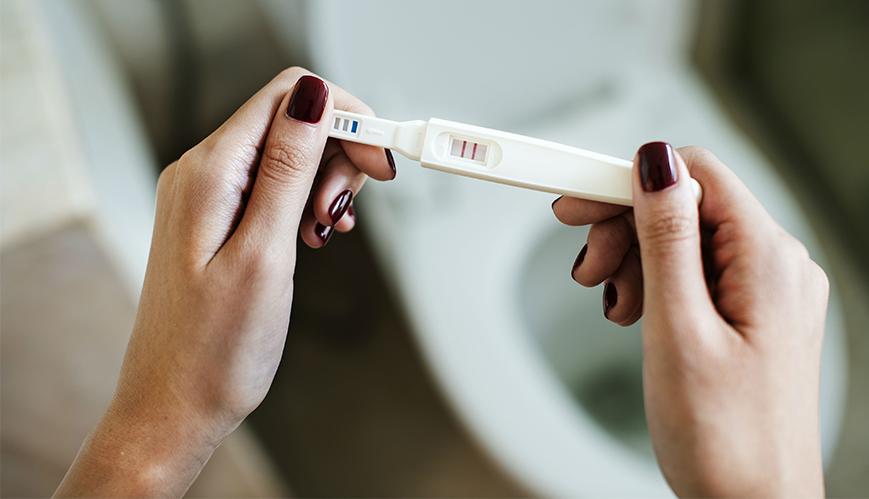Anúncios
Pregnancy tests, an essential tool in many women’s reproductive journey, have undergone significant technological advances over the decades. Since the emergence of the first tests in the 20th century, which depended on complex and time-consuming laboratory processes, technology has rapidly evolved to make the pregnancy test a simpler, faster and more accurate process.
Today, with the combination of biotechnology and digitization, pregnancy tests are not only able to provide results with near-perfect accuracy, they also allow women to test in the comfort and privacy of their own homes.
Anúncios
This article will explore recent technological advances in the field of pregnancy testing, the impact of these innovations on women’s experience, and future prospects for the development of this crucial technology.
Technological Advances in Pregnancy Testing What Has Changed?
Technological advances have significantly transformed pregnancy tests, making them more accessible, accurate and easier to use. Here are some of the main changes:
Anúncios
- From Labs to Home: Initially, pregnancy tests were time-consuming procedures that had to be performed in medical labs, requiring urine to be collected over several days. However, advances in biomedical science and engineering have resulted in highly effective home pregnancy tests. These tests, first introduced in the 1970s, have revolutionized the process, allowing women to get tested privately and get results in a matter of minutes.
- Increased Accuracy: The accuracy of pregnancy tests has also increased dramatically over time. Modern tests can detect pregnancy within the first few days after conception by identifying levels of the hormone human chorionic gonadotropin (hCG) in a woman’s urine. Additionally, misinterpretation of results has been minimized with the introduction of digital tests that simply read “pregnant” or “not pregnant”.
- Digital Tests: Advances in digital technology have brought pregnancy tests into the digital age. Some pregnancy tests now include digital readers that eliminate any ambiguity in interpreting the results. Additionally, some of these advanced digital tests can also tell you how many weeks have passed since conception.
- Connecting with Health Apps: The growth of smartphones and health apps has also transformed pregnancy tests. Some pregnancy tests can now connect to a smartphone app, allowing women to monitor their results over time, gain information about the stage of pregnancy and receive pregnancy-related health tips.
In summary, technological evolution has improved the effectiveness, accuracy, convenience and user experience of pregnancy tests. However, despite these impressive advances, there is still room for innovation and future improvements.
Is there a way to know if I’m pregnant on my cell phone?
As of the date of my knowledge in September 2021, it is not possible to confirm a pregnancy using just a cell phone. Traditional pregnancy tests, whether it’s the home test you buy at the pharmacy or a blood test done in a lab, detect the presence of a specific hormone called human chorionic gonadotropin (hCG).
This hormone is produced by the body after implantation of the fertilized egg in the uterus. Until now, smartphones do not have the ability to detect this hormone.
However, there are health and fertility apps that can help track your menstrual cycle and identify potential pregnancy symptoms.
Additionally, certain apps may offer features such as reminders to take a pregnancy test if your period is late. But it’s important to remember that these apps can only help with observing symptoms and cannot confirm a pregnancy.
If you believe you may be pregnant, the best thing to do is take a home pregnancy test and/or consult a healthcare professional.

